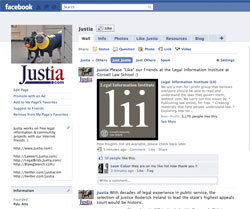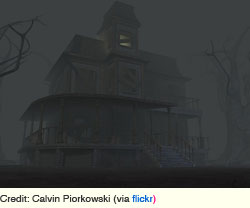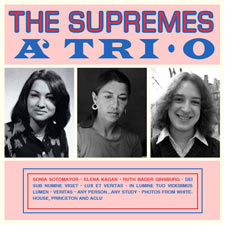
Great news, friends! Starting in 2011, Public.Resource.Org will release a Report of Current Opinions (RECOP) on a weekly basis. The Report will include a FREE HTML feed of ALL slip and final opinions from the appellate courts of the 50 states and the federal government. The feed will be available for reuse under a CC CC-Zero license, and will include page numbers. For more details, read Carl Malamud’s announcement on O’Reilly Radar. This is one of the major projects that Public.Resource.Org has undertaken since being awarded the Google 10^100 Grant in September.



 These presents aren’t going to wrap themselves, folks.
These presents aren’t going to wrap themselves, folks.



